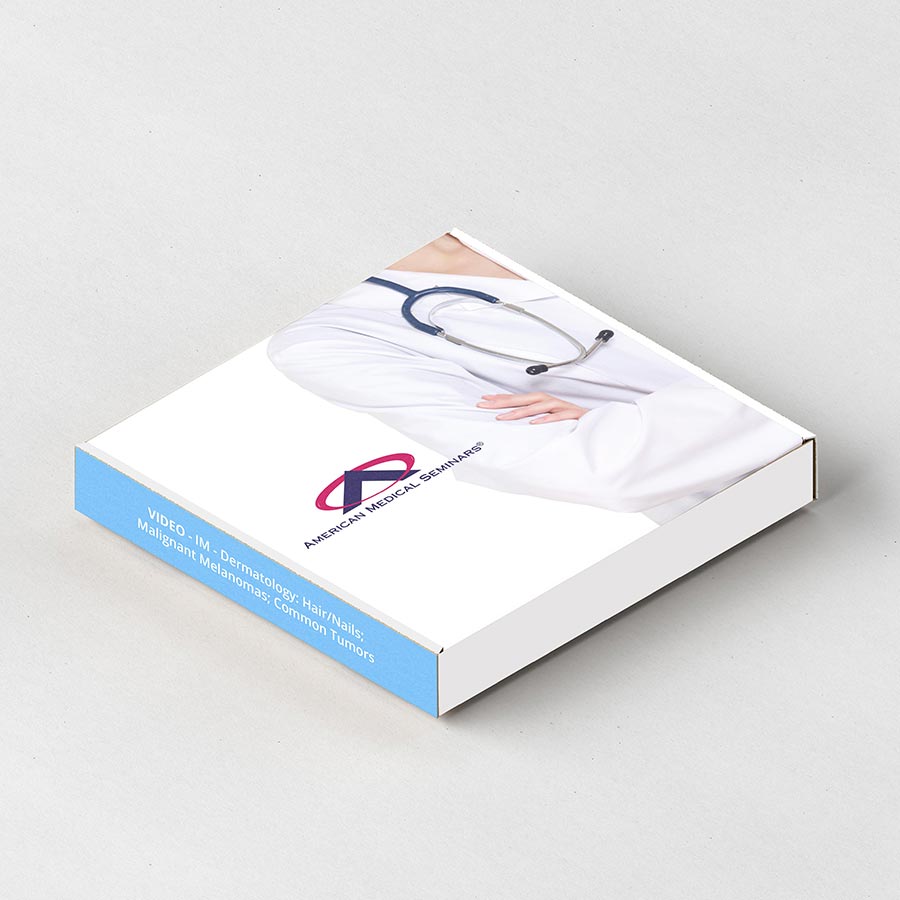Product Description
Title: Internal Medicine – Geriatrics: Dementia; End of Life Care; Sensible Prescribing for the Elderly
Faculty: Michael A. Malone, M.D., Gary H. Oberlender, M.D., F.A.C.P.
Original Release Date: July 1, 2018 Expiration Date: July 1, 2021
TOPIC 1: Dementia.
Upon completion of this session, the participant should be able to: EBM, GL, COMP
- Detect symptoms consistent with the diagnosis of dementia.
- Distinguish dementia from treatable conditions that have similar presentations.
- Construct a diagnostic plan utilizing EBM and Expert Guidelines.
- Differentiate the common Dementia syndromes and distinguish the characteristics between them.
- Use EBM to design a treatment plan for dementia.
TOPIC 2: Contemporary Issues in End of Life Care.
Upon completion of this session, the participant should be able to: EBM, GL, COMP
- Develop a practical approach to assessment of the whole patient in a hospice setting.
- Formulate effective approaches to common physical symptoms in the terminally ill.
- Integrate effective clinical care of patients and their families in the last days of life based on current evidence-based literature, Guidelines and recommendations of the American Geriatrics Society and the National Hospice and Palliative Care Organization.
- Relate dementia as a terminal illness
TOPIC 3: Sensible Prescribing Practices for the Elderly.
Upon completion of this session, the participant should be able to: EBM, COMP
- Appraise and appreciate the limits of published trials studies on drug safety and efficacy for seniors.
- Assess the subtle but significant drug side effects in the elderly.
- Distinguish undesirable prescribing practices and employ better approaches based on current evidence-based referenced literature.
- The receipt for any incentive-associated purchase will designate the value of the gift card separately from the cost of the learning activity.
- This incentive may have implications on your tax reporting obligations. Any reimbursed amount must be declared as personal income for tax purposes.


